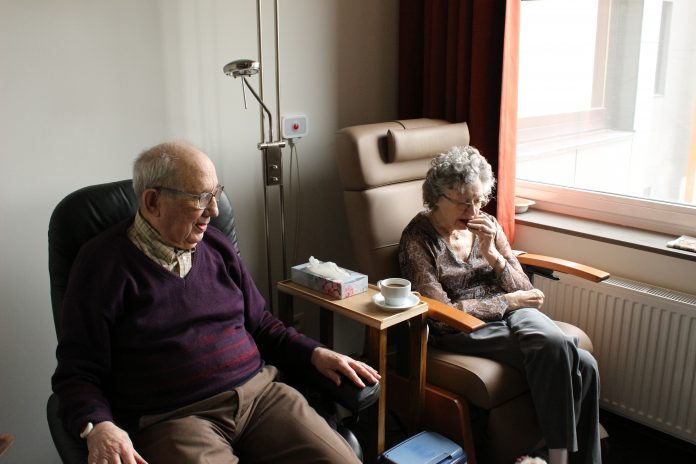In the U.S., more than one in five adults over the age of 65 is considered a ‘solo senior’ – i.e. one without a spouse or adult child. Even those with adult children sometimes have to fend for themselves because family members may live in another state. According to the U.S. Bureau of Labor Statistics, around three in 10 seniors who need daily assistance pay a professional caregiver for this service. If you have a loved one aged over 65 and you are currently helping them create a care plan for the future, what are some signs that it might be the right time to hire a caregiver?
Previous Injuries
Statistics show that the number of dangerous falls for people aged over 75 is rising. Because falls have such a high mortality rate, they should be avoided at all costs by building senior-friendly homes without level changes, steep stairways, etc. If your loved one has had one or more recent falls, it may be a sign that they need help with tasks like reaching high objects, cleaning, and showering. Although fall risks can be significantly reduced through home renovation or even a change of residence, frequent falls are a sure sign that a senior may lack the strength, balance, or flexibility required to stay safe.
Weight gain or loss
If your loved one suddenly shows a big change in appearance – including weight gain or loss – it is a sign that their nutritional intake may be less than adequate. A senior may become afraid of cooking meals and creating a fire, or they may lack the motivation to shop for nutritious foods regularly. Because diet is such a key aspect of health, a carer may be required if any signs of malnutrition are present.
Tasks left without completion
If your loved is failing to comply with legal and financial requirements (think paying bills, completing their tax declaration, paying for services etc) it could be a sign that they need help with these tasks. You might decide to help your loved one to create an efficient filing system or schedule for paying bills (or having direct debits organizes for monthly bills). If the problem perseveres, however, more frequent or professional assistance may be required.
Why do seniors sometimes delay hiring a caregiver?
Seniors may be hesitant to hire a caregiver because they fear losing independence and autonomy; at other times, they may wonder if a caregiver is within their budget. Depending on the senior’s income and assets, they may be entitled to caregiving via Medicare and Medicaid. If they have long-term care insurance, their policy might also cover home care. Most traditional health insurance plans, meanwhile do not cover non-medical home care services. Some life insurance policies can also be used to pay for home care (the senior would have to take a loan on the policy’s cash value or simply relinquish the policy in return for a fair amount). Financial options for family home carers also exist, with specific Medicaid programs allowing for due payment for families caring for seniors.
Opting for professional assessment
Sometimes, deciding whether or not your loved one needs professional or full-time care can be challenging. This is especially true if they seek independence yet need a little more help than you are able to give them (owing to time constraints and professional and personal demands). If in doubt, a specialist (such as an occupational therapist or ‘certified aging in place specialist’) can help you assess if the timing is right. They can also recommend useful exercises and changes to home design that can help a senior live longer alone if this is what they desire.
When loved ones become older, it can be very hard indeed to help them decide whether or not to hire a caregiver. Often, small changes can make a big difference in terms of reducing the risk of injury and ensuring all important tasks are fulfilled. If economic concerns are what is holding your loved one back, study available options to lessen costs while ensuring necessary care is available.
Image Credit























